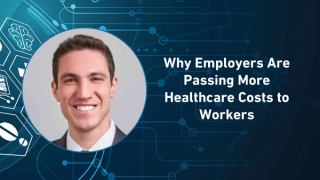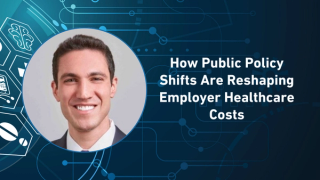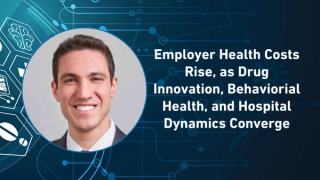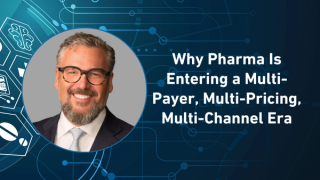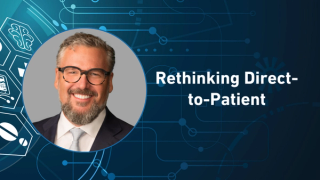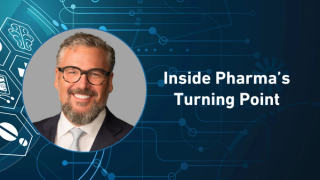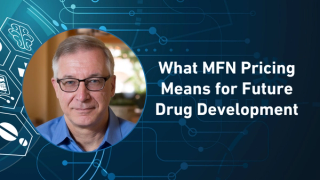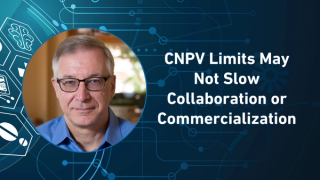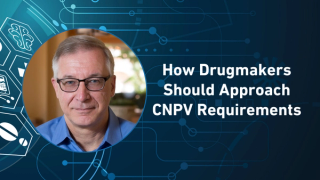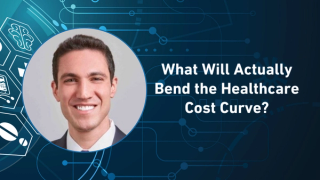
Market Access
Latest News
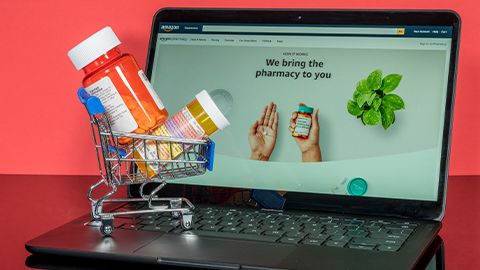
Amazon Pharmacy Adds FDA-Approved Wegovy Pill, the First Oral GLP-1 for Weight Loss
Latest Videos

Shorts
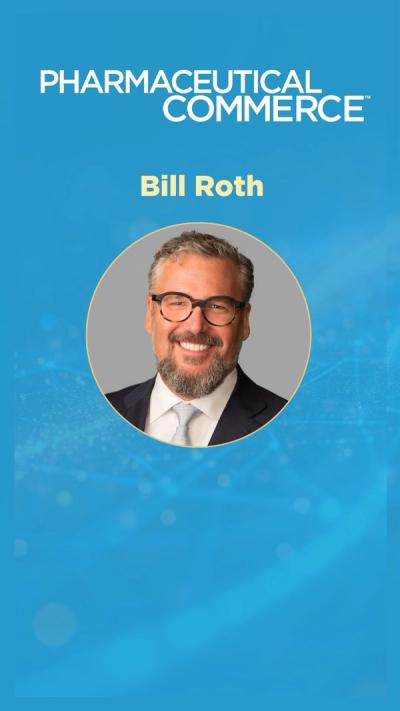
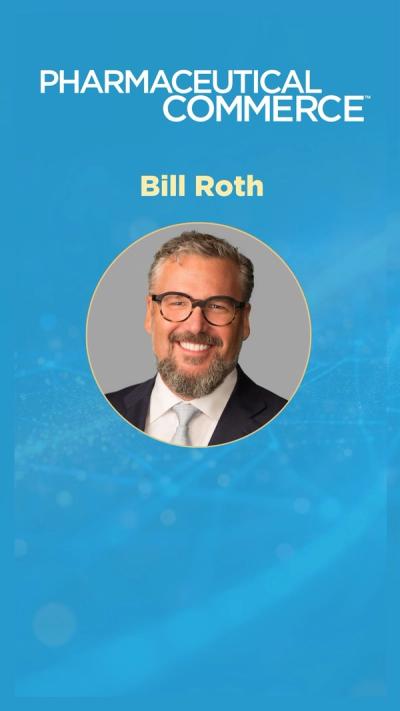
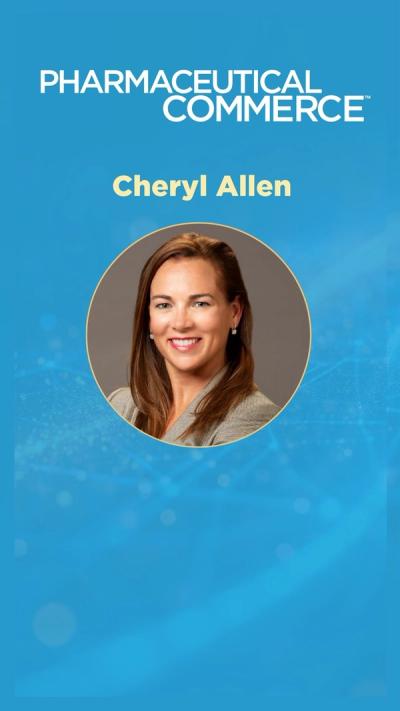
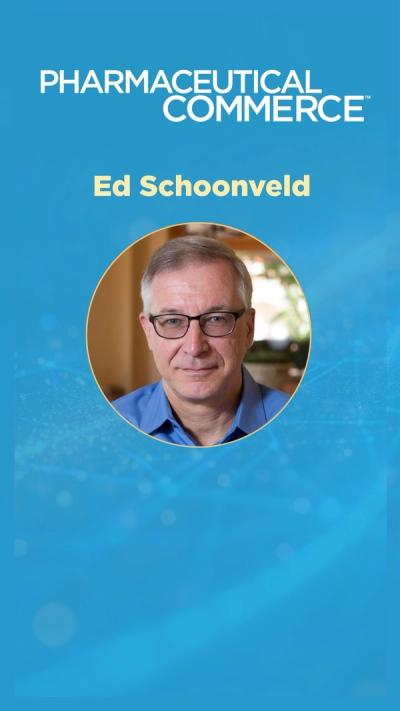
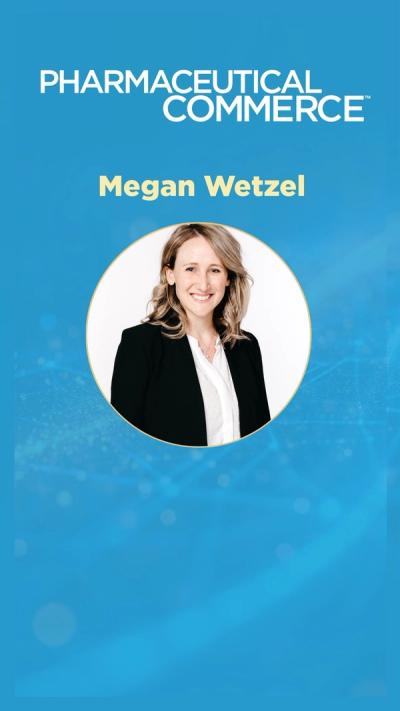
Podcasts
More News

Nine more companies have joined the DTC government-run website, which is set to launch sometime next year.

Traditional market access practices are being transformed by an increasingly rocky landscape of rebate, discount, and direct-distribution practices, but artificial intelligence may clear the pathways to profitability.

CoverMyMeds’ Megan Wetzel unpacks the forces behind rising specialty spend, the real impact of access barriers, and how field reimbursement teams help providers guide patients through today’s fragmented system.

How pharma can productively coexist with PBMs—and still lower drug costs faster.
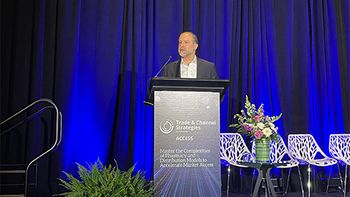
A session explores how manufacturers can refine GTN strategy, strengthen pricing governance, and navigate increasingly complex distribution-channel economics, while maintaining both commercial performance and patient affordability.

The fracturing of the US drug market’s traditional model is forcing a demand for a strategic bifurcation to maintain profitability, compliance, and patient access in the decade ahead.

It’s not marketing—it's the activation layer for every dollar spent on patient access and support.

BioCare's Ryan Cort outlines the pharmaceutical industry's "unprecedented sea change," driven by over $400 billion in anticipated revenue loss from generics and biosimilars losing exclusivity.

Rising prescription costs and premiums are forcing more than half of patients to take drastic measures to cover OOP costs.

Various agreements with the Trump administration could have long-term ramifications for Medicaid access and global pricing strategy.
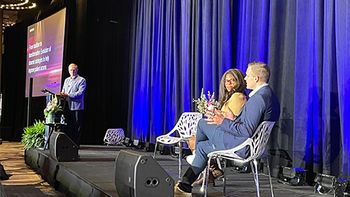
Subject matter experts from Cencora and FuzeRx explore how modern commercialization models, digital-first pharmacy solutions, and closer provider partnerships are reshaping patient access and adherence across today’s complex therapeutic landscape.

Commercialization expert Bill Roth outlines the critical need for "adaptive capacity," detailing how accelerating government regulation and massive patent cliffs are forcing a complete overhaul of commercial strategies across various markets.

The entrepreneur urges the Trump administration to eliminate costly FDA generic drug fees, part of a broader push to scale domestic production, address shortages, and challenge PBM-driven pricing models.
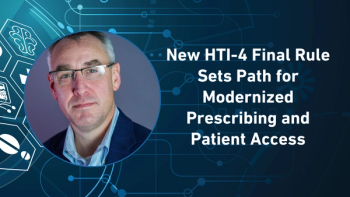
In the first part of his Pharma Commerce video interview, Colin Banas, MD, DrFirst’s chief medical officer, explains that with updated certification requirements for drug pricing transparency and electronic prior authorization, providers will see momentum build toward more efficient, patient-focused medication workflows.

The agreement includes exemptions for UK-produced drugs and medical devices from Section 232 tariffs, but mandates a significant change to the UK's NICE value appraisal framework.

The Trump administration has announced new negotiated Medicare prices for a second wave of blockbuster treatments, yielding an estimated $12 billion in savings for 2027, when compared to Medicare’s 2024 net spending.

As the federal government prepares to release newly negotiated Medicare drug prices, weight-loss blockbusters Ozempic and Wegovy remain in the spotlight, while CMS advances a model to cut Medicaid spending and broaden access to affordable treatments.

When intelligence flows across clinical, access, and engagement channels, commercialization shifts from reactive to predictive, giving teams the real-time edge to win in a fast-moving market.

In today’s Pharma Pulse, learn how digital pharmacy safety gaps, Novo Nordisk’s introductory programs for Wegovy and Ozempic, and Scott Gottlieb’s new role at UnitedHealth are shaping patient access and industry strategy.
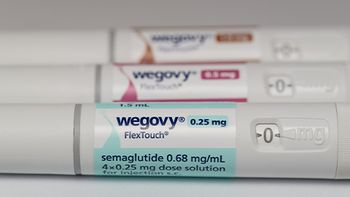
The company is launching new self-pay pricing options, expanded savings programs, and partnerships with telehealth and retail providers. all while its obesity portfolio gains momentum under the FDA’s National Priority Voucher program.

The nationally licensed pharmacy network now supports Ethereum, Solana, and XRP across all retail locations, marking a major step toward faster, more transparent payments—and laying the groundwork for a blockchain-based prescription drug payment system.

This episode of Pharma Pulse discusses how the FDA’s new plausible mechanism pathway, WeightWatchers’ plans to offer oral Wegovy, and emerging evidence on berberine are shaping the future of obesity and metabolic health care.
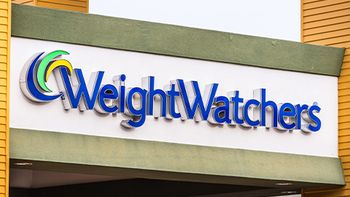
As FDA fast-tracks GLP-1 treatments under its new pilot National Priority Voucher program, WeightWatchers prepares to position itself to compete in the fast-evolving weight-loss drug market driven by affordability and accessibility.

Pharma Pulse: FDA Appoints Richard Pazdur as CDER Director Amid 340B Tensions and Novartis Expansion
This episode of Pharma Pulse discusses how Dr. Richard Pazdur’s appointment signals a new era for FDA drug evaluation, why hospitals are opposing the government’s 340B pilot program, and how Novartis is expanding its US manufacturing footprint with a new radioligand therapy facility in California.

This episode of Pharma Pulse explores a major review finding no link between maternal acetaminophen use and autism or ADHD, CMS launching initiatives to cut Medicaid drug costs, and Eli Lilly expanding its gene therapy collaborations.





